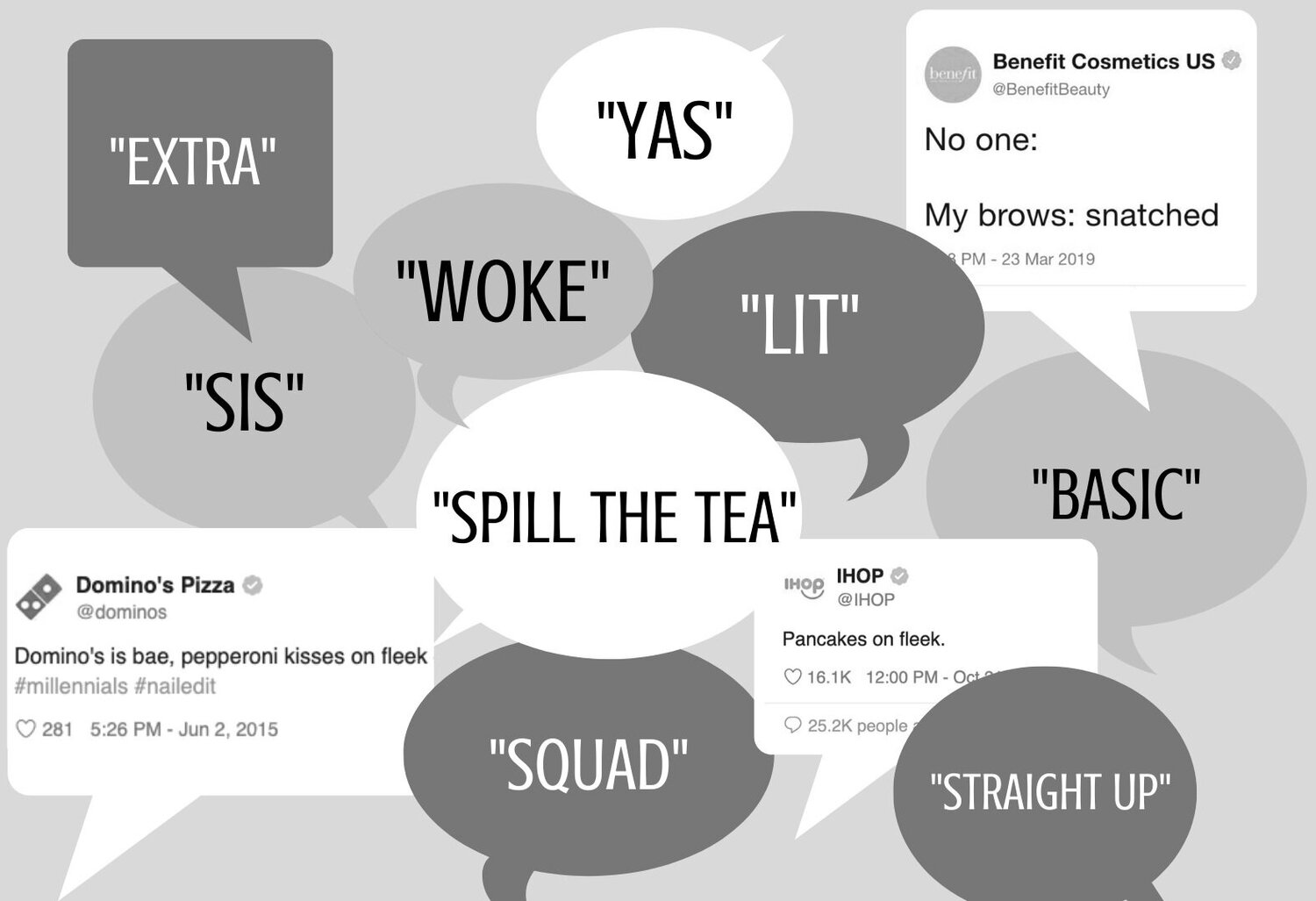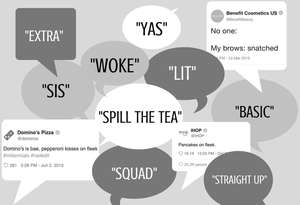
The AAVE Dialect: It's Not Broken English
America has a vast diversity of different races of foreign immigrants and visitors. These people allow Americans to notice and appreciate fascinating foreign culture including traditions, language, accent, and more. However, there are some aspects of culture American citizens perceive as inappropriate--possibly even thugs or criminals; for other cultures, the same may be true the other way around. One of the most important examples is African American Vernacular English (AAVE), a dialect of English used mainly by African Americans in the southern US. America’s diversity makes the topic of AAVE an issue since it is often associated as a broken form of English by most people. This is the most obvious conclusion people come to after hearing others speak it.
But based on the history of African Americans living in slavery and segregation, this dialect is a part of culture and not a depiction of a lack of education, which is something everybody must understand.
AAVE arose after slaves were brought from Africa to the Caribbean over two centuries ago, who came into contact with English-speaking slave masters and indentured servants from Europe. Unlike other Caribbean creoles (languages developed as a result of contact between two languages from an earlier “pidgin” state), AAVE has been nearly identical to Standard English, which was possibly due to the slaves learning English from the less educated and less proficient indentured servants (who still technically spoke English). As these slaves were shipped from the Caribbean to the US, the dialect developed further with other idioms and expressions--some that may come as a surprise to people who use these idioms without knowing about their origin.
So the fact that this dialect originated from enslaved ancestors not being able to have a proper education is important to understand.
One of the most widely used idioms in AAVE, “to give props”, is actually used very often in Standard English as “Props to him for figuring it out!”. The word “ain’t” originated from AAVE and is also used casually in certain dialects of English. However, there are features of AAVE that are almost always considered to be grammatical errors in Standard English: double negatives, using the same verb for singular and plural subjects, and using “be” instead of “is” and “are”. For example, “Ain’t nobody got time for that”, “We was workin’”, and “They be hittin’ the door” are examples of what a Standard English speaker would falsely perceive as incorrect English.
One important thing people should understand is that they must create habits where they only speak AAVE in acceptable scenarios, not all scenarios. That being said, if you still doubt the fact that AAVE is a separate dialect from Standard English, just understand that when you hear people speaking it in public, it does not mean they are uneducated or thugs. They simply happen to be speaking an informal dialect that is perfectly acceptable in informal situations, like with friends and family. Hopefully you now have a better understanding about how we must accept the cultures and lifestyles of other people in America.
Citations
AAVE - African American Vernacular English, by Paul from the Langfocus YouTube Channel: https://www.youtube.com/watch?v=UZpCdI6ZKU4

































Comments